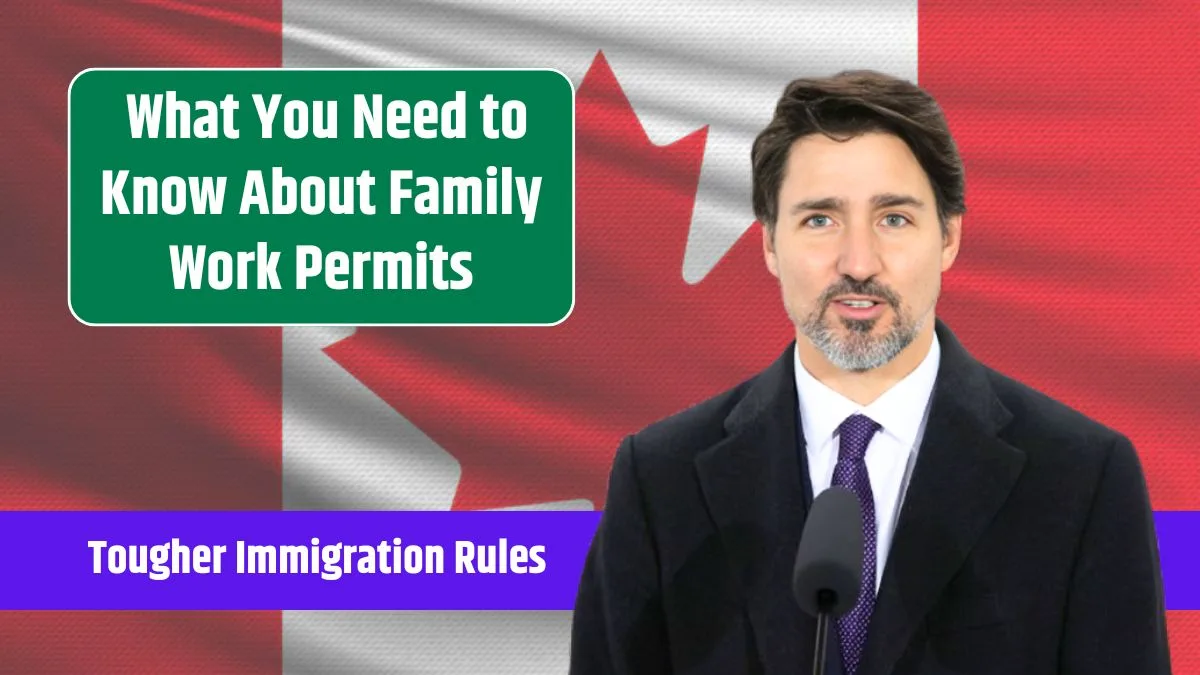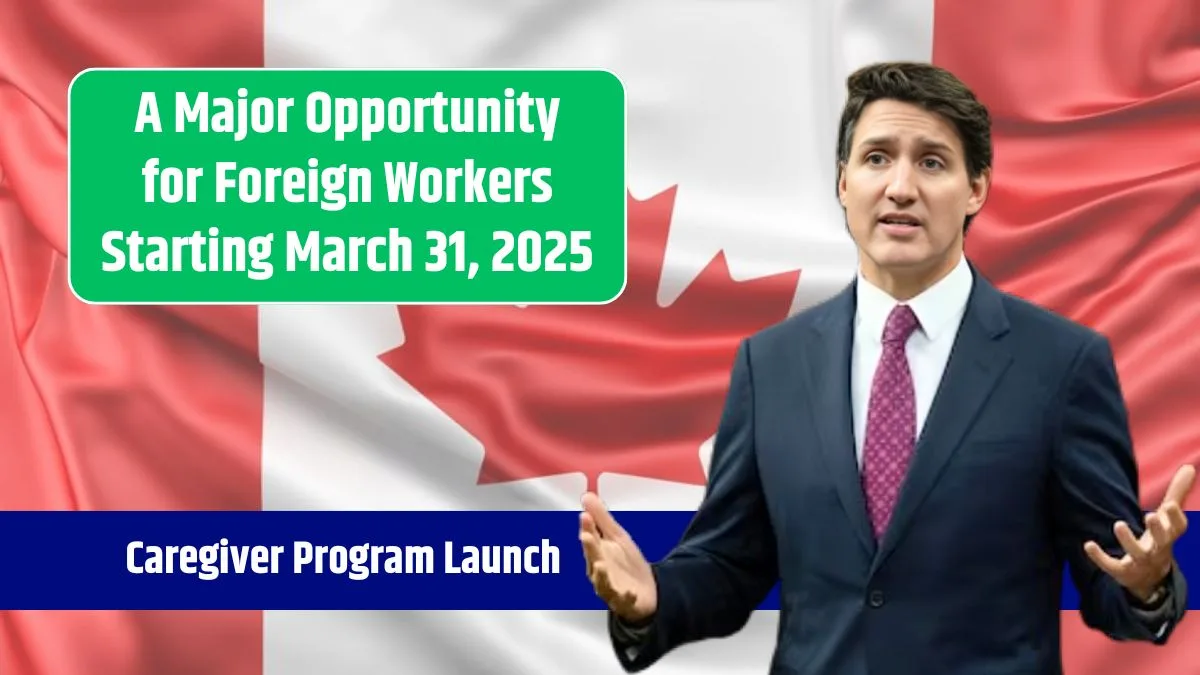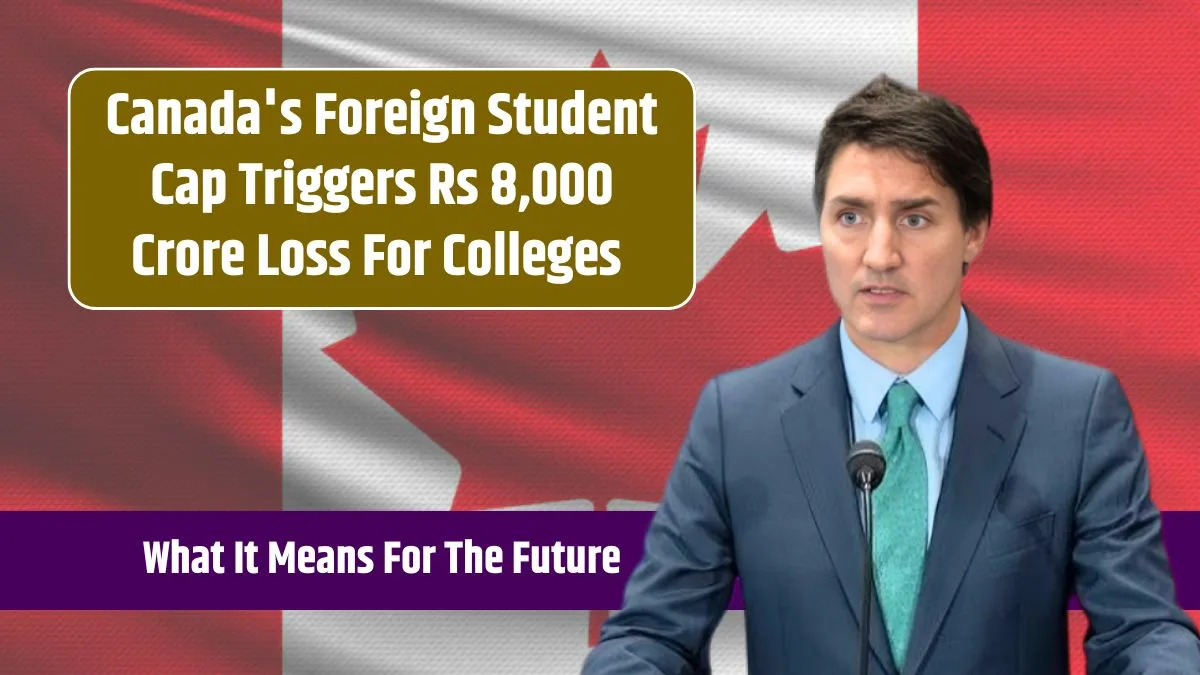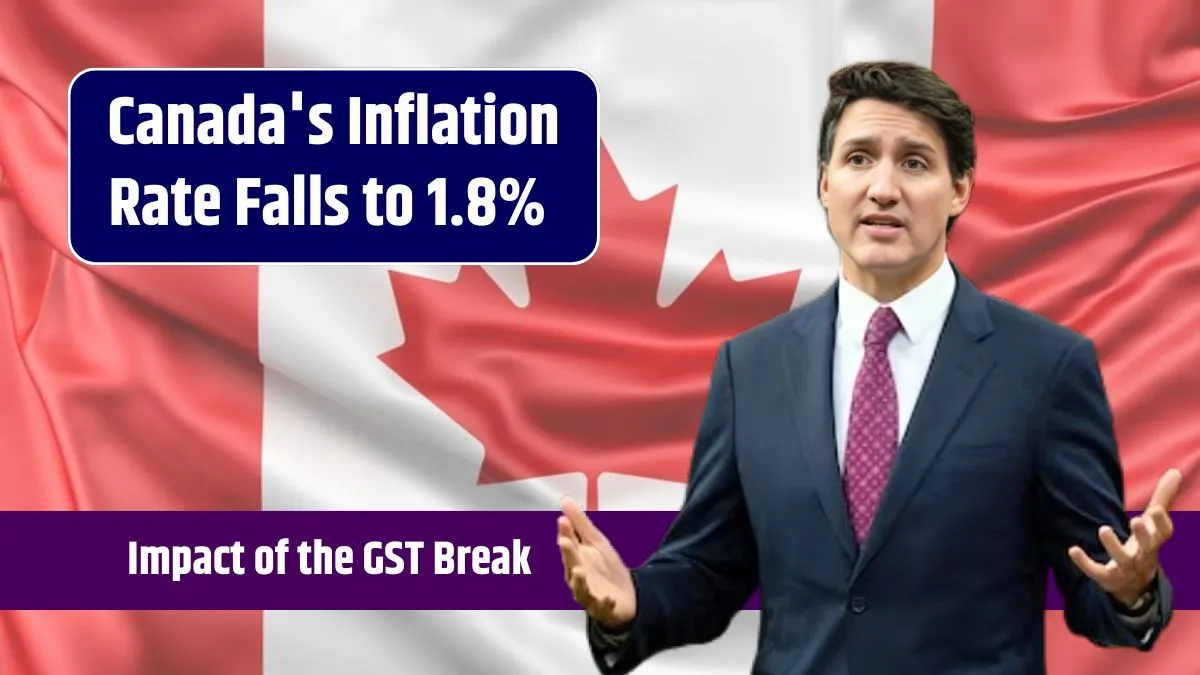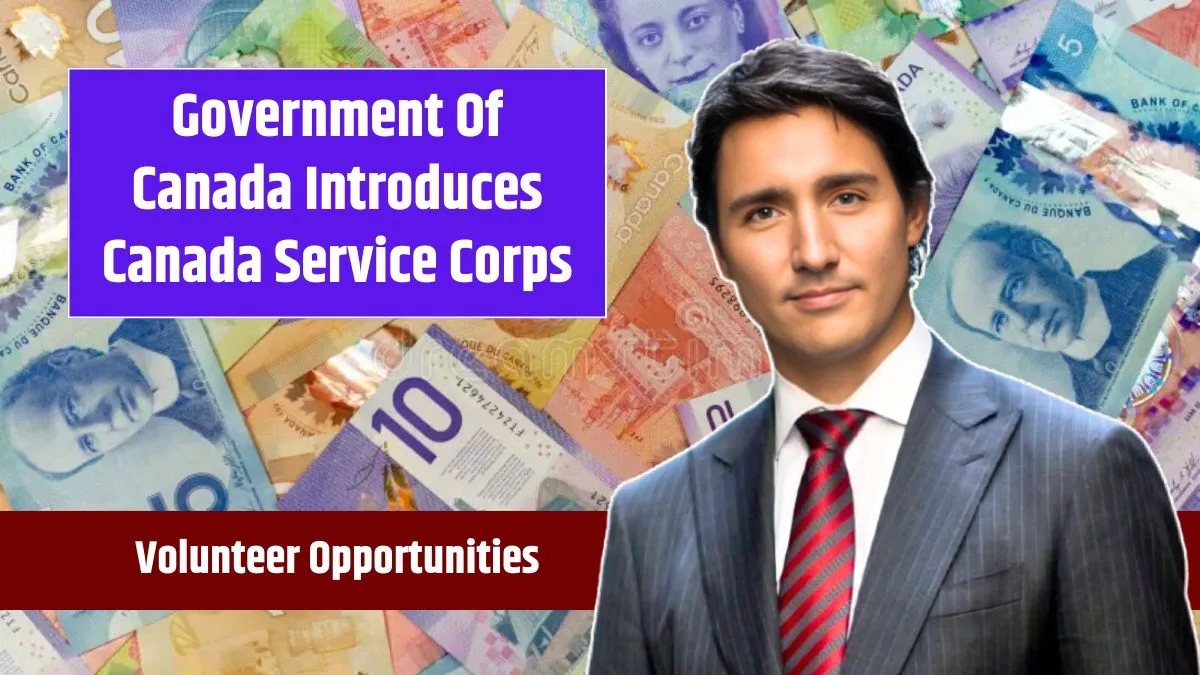Canada has tightened its regulations for family open work permits (OWPs), significantly narrowing the eligibility criteria for spouses of international students and foreign workers. These changes, effective January 2025, are part of broader immigration policy reforms aimed at managing labor market needs and population growth.
Family OWPs have long been valued for their flexibility, allowing spouses to work across Canada without being tied to a single employer. However, the new rules introduce stricter conditions that will impact many families.
Eligibility
To be eligible for an OWP, the international student must meet one of the following criteria:
- Be enrolled in a master’s program lasting at least 16 months.
- Be pursuing a doctoral program.
- Be enrolled in a specific professional or other eligible program.
This marks a departure from the earlier system, where most spouses of international students could apply.
Foreign Workers’ Spouses
Spouses of foreign workers are eligible for an OWP only if the worker is employed in certain roles within the TEER system, specifically:
- TEER 0 or 1 occupations, such as management positions or roles requiring university education.
- Selected TEER 2 and 3 occupations, particularly in sectors with labor shortages like healthcare, construction, and natural resources.
Additionally, the foreign worker must have at least 16 months remaining on their work permit when the spouse applies. Dependent children, who previously qualified, are now excluded under the revised rules.
TEER System
Canada’s Training, Education, Experience, and Responsibilities (TEER) system categorizes jobs based on their skill and education requirements. Here’s a summary:
| TEER | Description | Examples |
|---|---|---|
| 0 | Management roles requiring leadership skills. | CEOs, financial managers, hotel managers. |
| 1 | Positions requiring university education. | Doctors, architects, software engineers. |
| 2 | Jobs needing college diplomas or apprenticeship training. | Paramedics, electricians, construction supervisors. |
| 3 | Roles requiring shorter diploma programs or on-the-job training. | Cooks, carpenters, hairstylists. |
| 4 | Jobs needing a high school diploma or on-the-job training. | Cashiers, bartenders, retail salespersons. |
| 5 | Positions with no formal education requirements but needing basic training. | Fruit pickers, cleaners, grocery stockers. |
A detailed list of eligible TEER 2 and 3 roles, such as medical laboratory technicians, construction supervisors, and paramedics, was published on January 21, 2025.
OWP Holders
Existing OWPs approved under the previous rules will remain valid until their expiration. Renewals are possible if the original criteria are still met, and the renewal period aligns with the primary applicant’s study or work permit.
Spouses of foreign workers covered by free-trade agreements or transitioning to permanent residency remain unaffected. Others may look into alternative work permit options under Canada’s broader immigration programs.
Immigration Targets
These changes align with Canada’s revised immigration targets. In 2025, Canada aims to welcome 395,000 new permanent residents, a significant reduction from the previous target of 500,000.
This number will decrease further to 380,000 in 2026 and 365,000 in 2027. These adjustments reflect a more cautious approach to immigration while addressing economic needs.
Stricter OWP regulations reflect Canada’s focus on prioritizing highly skilled workers and managing population growth. While these changes aim to address skill shortages in key industries, they also present new challenges for families navigating Canada’s immigration system.
SOURCE – LINK
FAQs
What are family open work permits?
Permits allowing spouses to work without employer restrictions.
Who qualifies under new OWP rules?
Spouses of students in master’s, PhD, or specific programs.
What is the TEER system?
A job classification system based on skills and education.
Do current OWPs remain valid?
Yes, until expiration, if criteria are still met.
Are dependent children eligible for OWPs?
No, children no longer qualify under new rules.

